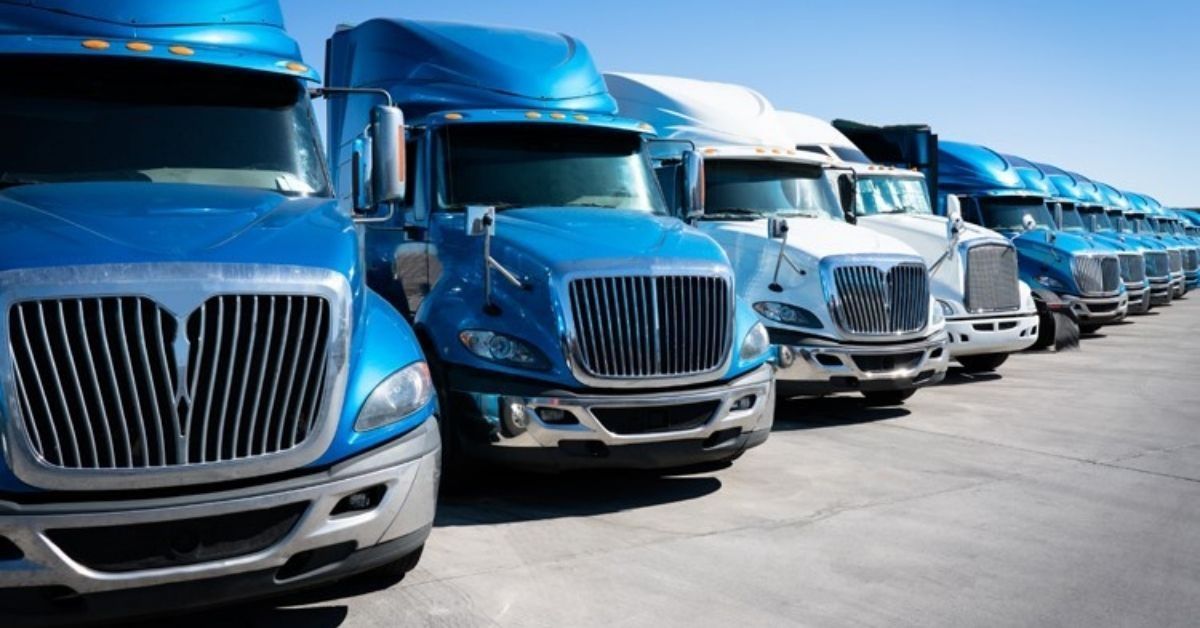Container Corporation of India Ltd (Concor) has placed an order for 100 liquefied natural gas (LNG) trucks at Pune-based Blue Energy Commercial Vehicles Pvt Ltd as the state-owned company takes first steps to cut hazardous emissions and align with the government’s larger climate change goals.
Separately, Concor has ordered 100 trailers at Raigarh, Chhattisgarh-based Jagdamba Trailers Pvt Ltd, that will carry the steel containers on the LNG trucks, sources said.
During the earnings call on the third quarter financial results held on 24 January, V Kalyana Rama, Chairman and Managing Director, Concor, revealed the company’s plan to introduce LNG trucks for the first and last mile movement of containers.
“We will be experimenting with LNG transfers at our major hub Kathuwas and then we will be expanding it to all the terminals,” Kalya Rama said on 24 January.
“All these new things we are bringing…because the demand is there in domestic sector and also to encourage more and more domestic traffic into containers and to add value-added services and to make it a complete business solution which will increase our margins so that the overall margin pressure will not be too much,” he added.
A zero-emission truck technology start-up, Blue Energy Commercial Vehicles – known by its brand name Blue Energy Motors – is a portfolio company of Exponentia Ventures, a Dubai-based fund run by Anshuman Ruia, a second generation of the Ruia family that founded Essar Group.
FPT Industrial, the global Powertrain brand of Iveco Group, has a minority stake in Blue Energy Motors.
Globally, logistics contributes to 14-15 percent of carbon emissions and in that the contribution of heavy-duty trucking is about 90 percent.
The trucking industry is one of the most significant polluters, producing up to 450 million tonnes per annum of CO2, as well as significant noise, particulate matter, and pollutants each year.
Therefore, LNG trucks are poised to upend the sector and hasten the shift to “green transportation, Blue Energy said on its website.
Compared to diesel trucks, an LNG truck emits up to 28 percent less carbon dioxide (CO2) and up to 30 percent less noise. It can also raise an organization’s scores on the environmental social and governance (ESG) ratings.
When appropriately utilised with trained drivers, LNG trucks have the potential to reduce particulate material (PPM) by up to 91 percent.
To combat the rapidly rising climate change, LNG is seen as an immediate, versatile, mature, and scalable solution to make the long-haul trucking industry sustainable, says Blue Energy Motors. It’s a cleaner and greener fuel, which reduces sulphur oxide (SOX) up to 100 percent and nitrogen oxide (NOX) up to 59 percent.
LNG Trucks have seen a great deal of success in the Chinese and European markets.
India is looking to transition to a gas-based economy by 2030, increasing gas’s current share of the energy mix from 6 percent to 15 percent.








